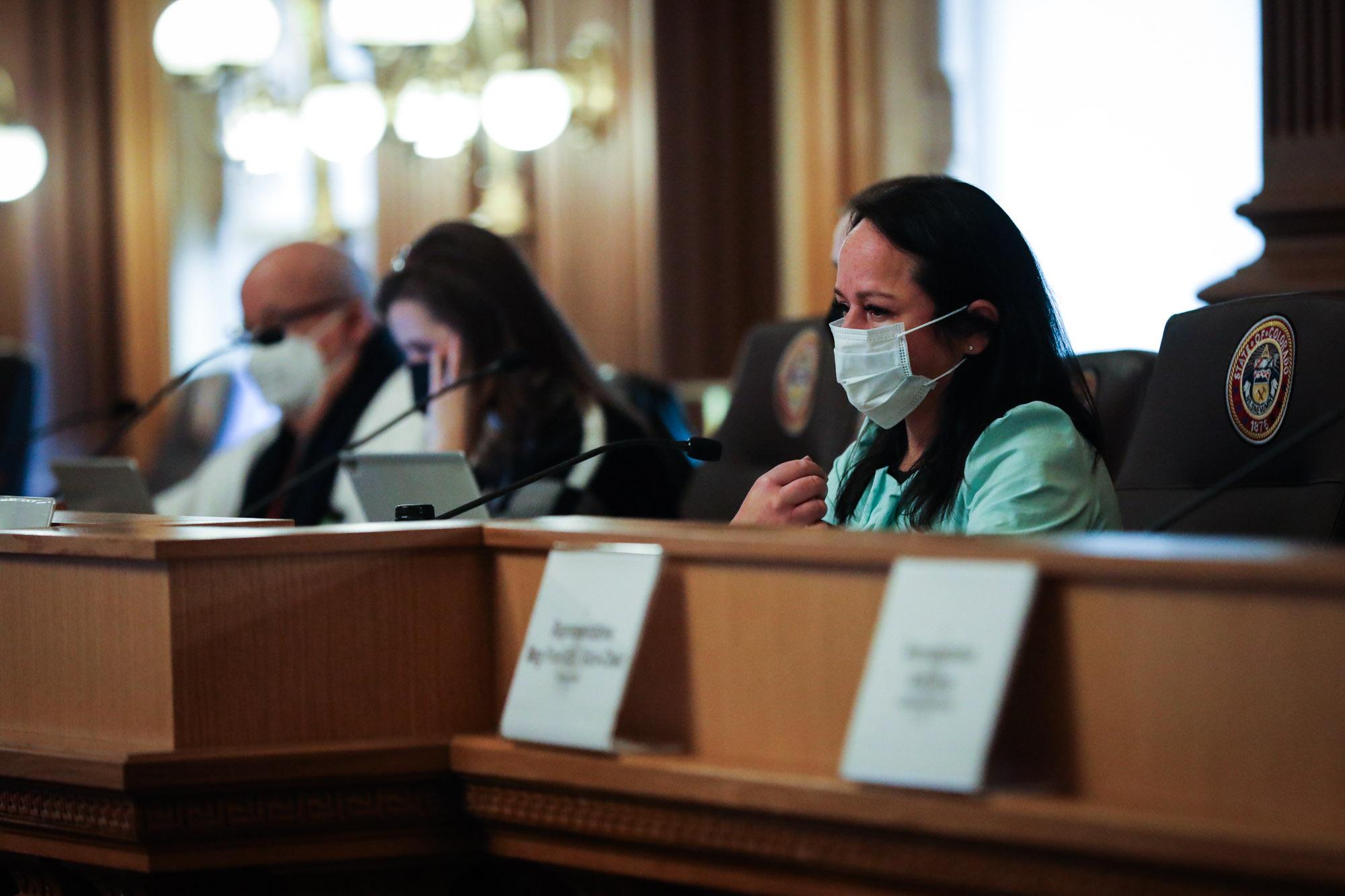
A measure that would revise Colorado’s workplace harassment laws, eliminating a key legal standard that requires harassment to be severe or pervasive to bring a legal claim, is expected to be introduced at the statehouse in the coming days.
Democrats have been working in recent years to change the state’s workplace harassment laws, including by trying to broaden the definition of workplace harassment in the private sector and make it easier to file claims against an employer.
Advocates for the change say the current law doesn’t take into account workplace realities or the harm harassment can cause.
“This is a standard that is creating workplaces that are very uncomfortable for a lot of people with no recourse. And so we're creating a standard that fits the modern workplace,” said Democratic state Sen. Faith Winter who will be a main sponsor of the legislation.
Winter has personal experience with the issue. She was the first to publicly accuse Democratic state Rep. Steve Lebsock of sexual harassment in 2017, a move that led to him becoming the second lawmaker in Colorado history to be expelled from the state legislature. That incident, and credible claims against a handful of other lawmakers, paved the way for new workplace harassment policies at the statehouse, including its first-ever HR employee and mandatory workplace harassment training for legislators.
Under the forthcoming bill, the law would define harassment as what would be offensive to a reasonable person based on the “totality of the circumstances of the conduct.” It would remove the current requirement that someone show the harassment was severe or pervasive.
Winter said she wants a definition that provides clarity for both employers and employees, “but isn't so restrictive that there isn't room for nuance. It’s a difficult balance to strike.”
In 2021 a similar bill failed in the final days of the legislative session. It cleared the Senate with bipartisan support but the Democratic-controlled House Judiciary committee voted it down, delivering a blow to Democratic women lawmakers, who had collectively said it was the number one policy they wanted to pass that year.
Colorado’s largest business organizations opposed the measure two years ago and the main point of contention remains, that the definition of harassment would no longer need to be severe or pervasive. Business groups argue the language is too nebulous, and could make employers liable for even a single instance of less significant harassment.
“There's an interest in making sure if it's a single incident, that that single incident rises up to an egregious or very severe situation,” said Loren Furman, President and CEO of the Colorado Chamber of Commerce who has been involved with the negotiations. “One incident, one circumstance could indeed rise up to a severe or offensive act, and so we respect that. That's the thread that we're weaving right now.”
Furman said the business community spent a lot of time behind the scenes last year working with sponsors on the issue even though a measure changing the definition ultimately wasn’t introduced. Foreman said that the forthcoming bill still doesn’t fully address their concerns.
“I think a lot of people are committed to working on this bill and finding a solution and I hope both sides respect that investment of time and effort,” she said.
Democratic state Rep. Mike Weissman said he’s optimistic about the ability to get the bill passed this year; it’s being introduced early enough in the session that he thinks it will give backers enough time for negotiations with their colleagues and the business community.
As one of the bill's House sponsors, he said he understands employers’ concerns, but that it’s time for the standards to be updated.
“I get it. We need to speak clearly with language that we put on the books here,” said Weissman.
“Just to make clear that certain things that used to be tolerated in the law won't be any longer. So that employers see this and they can update their practices as necessary.”








